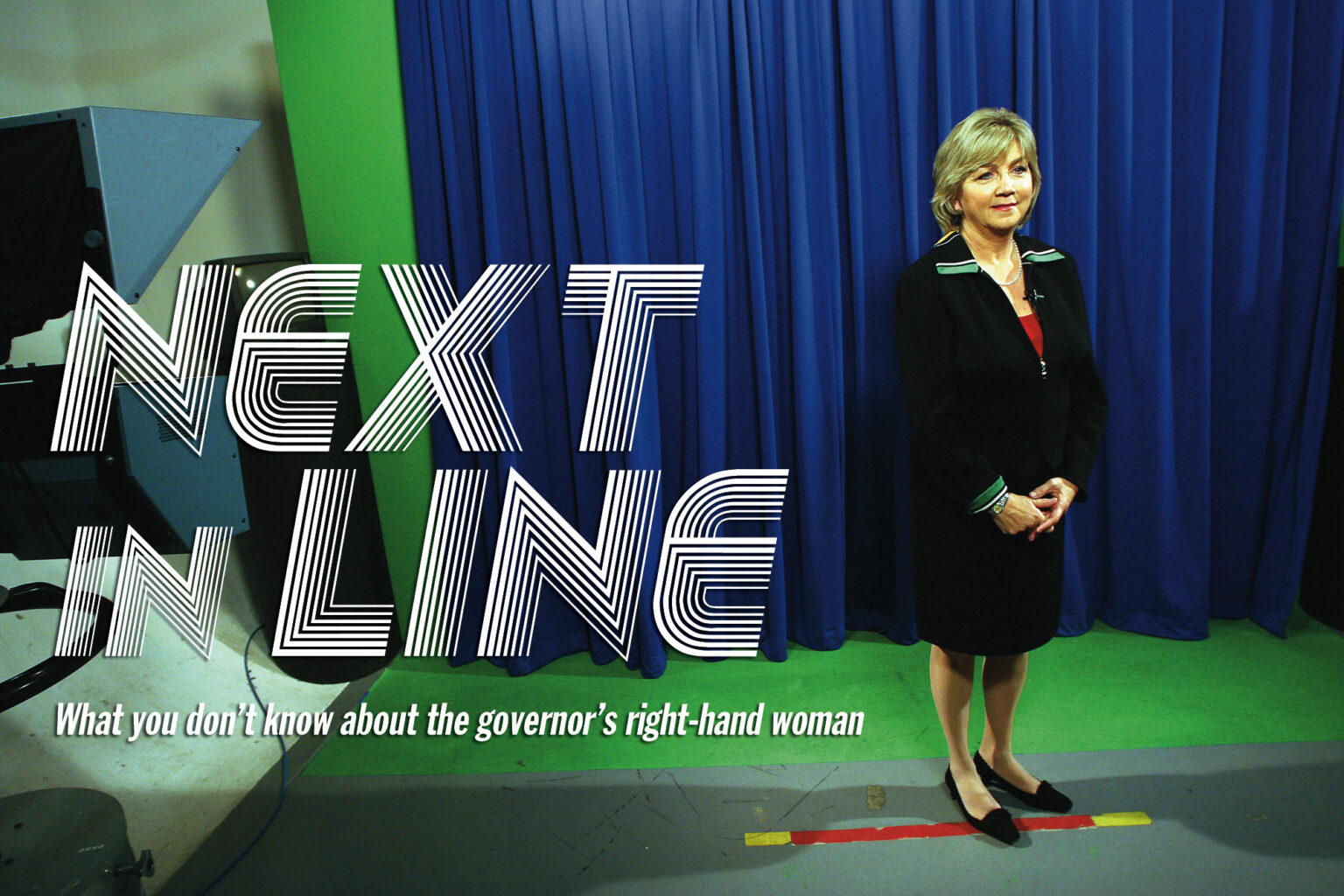Next In Line
What You Don’t Know About The Governor’s Right-Hand Woman


Denish attends the opening of the Daniels Leadership Center at the New Mexico Military Institute, named for the lieutenant governor's late uncle, Bill Daniels.








